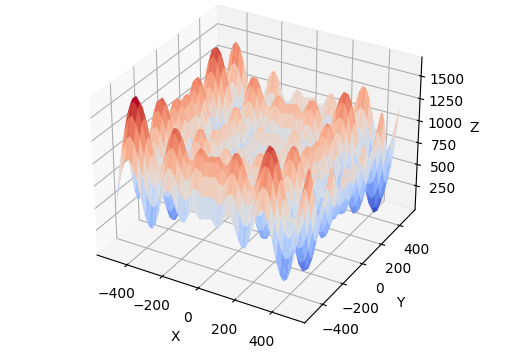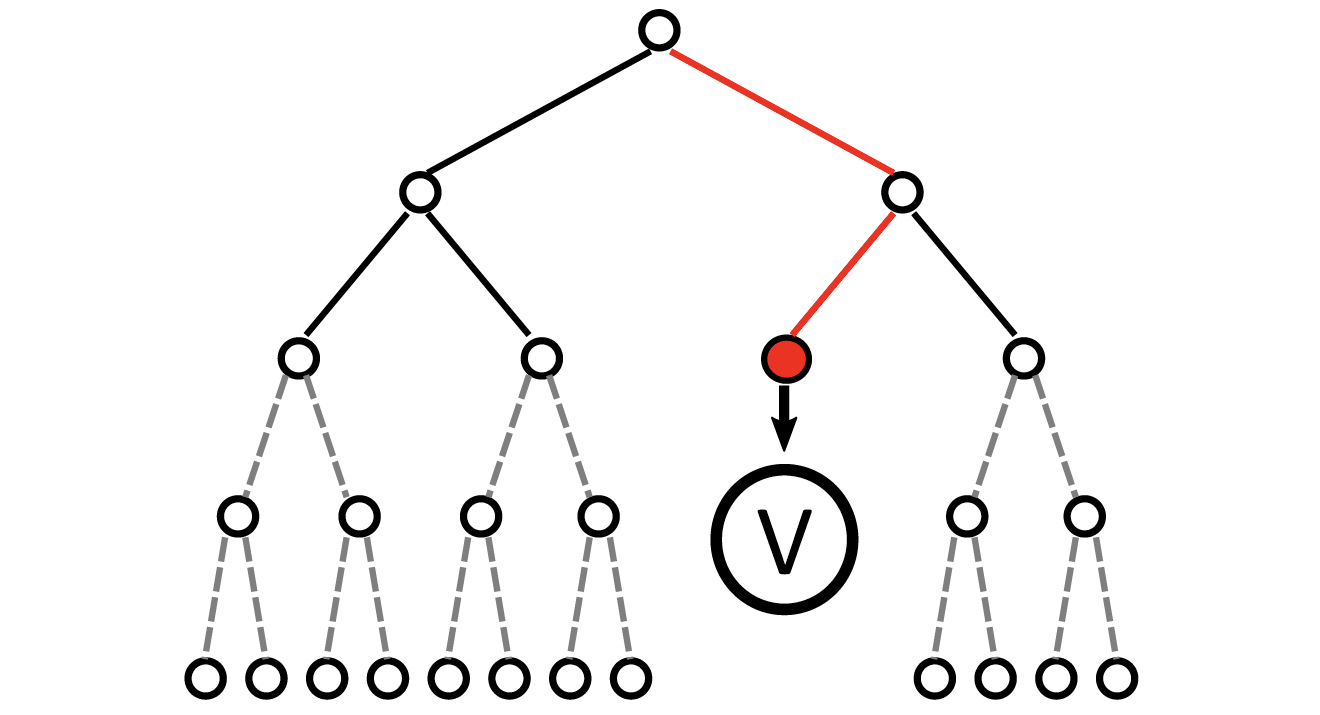Anytime multi-agent path finding (MAPF) is a promising approach to scalable and collision-free path optimization in multi-agent systems. MAPF-LNS, based on Large Neighborhood Search (LNS), is the current state-of-the-art approach where a fast initial solution is iteratively optimized by destroying and repairing selected paths of the solution. Current MAPF-LNS variants commonly use an adaptive selection mechanism to choose among multiple destroy heuristics. However, to determine promising destroy heuristics, MAPF-LNS requires a considerable amount of exploration time. As common destroy heuristics are stationary, i.e., non-adaptive, any performance bottleneck caused by them cannot be overcome by adaptive heuristic selection alone, thus limiting the overall effectiveness of MAPF-LNS. In this paper, we propose Adaptive Delay-based Destroy-and-Repair Enhanced with Success-based Self-Learning (ADDRESS) as a single-destroy-heuristic variant of MAPF-LNS. ADDRESS applies restricted Thompson Sampling to the top-K set of the most delayed agents to select a seed agent for adaptive LNS neighborhood generation. We evaluate ADDRESS in multiple maps from the MAPF benchmark set and demonstrate cost improvements by at least 50% in large-scale scenarios with up to a thousand agents, compared with the original MAPF-LNS and other state-of-the-art methods.
@article{ phan1AAAI25,
author = "Thomy Phan and Benran Zhang and Shao-Hung Chan and Sven Koenig",
title = "Anytime Multi-Agent Path Finding with an Adaptive Delay-Based Heuristic",
year = "2025",
abstract = "Anytime multi-agent path finding (MAPF) is a promising approach to scalable and collision-free path optimization in multi-agent systems. MAPF-LNS, based on Large Neighborhood Search (LNS), is the current state-of-the-art approach where a fast initial solution is iteratively optimized by destroying and repairing selected paths of the solution. Current MAPF-LNS variants commonly use an adaptive selection mechanism to choose among multiple destroy heuristics. However, to determine promising destroy heuristics, MAPF-LNS requires a considerable amount of exploration time. As common destroy heuristics are stationary, i.e., non-adaptive, any performance bottleneck caused by them cannot be overcome by adaptive heuristic selection alone, thus limiting the overall effectiveness of MAPF-LNS. In this paper, we propose Adaptive Delay-based Destroy-and-Repair Enhanced with Success-based Self-Learning (ADDRESS) as a single-destroy-heuristic variant of MAPF-LNS. ADDRESS applies restricted Thompson Sampling to the top-K set of the most delayed agents to select a seed agent for adaptive LNS neighborhood generation. We evaluate ADDRESS in multiple maps from the MAPF benchmark set and demonstrate cost improvements by at least 50% in large-scale scenarios with up to a thousand agents, compared with the original MAPF-LNS and other state-of-the-art methods.",
url = "https://thomyphan.github.io/files/2025-aaai-preprint1.pdf",
eprint = "https://thomyphan.github.io/files/2025-aaai-preprint1.pdf",
location = "Philadelphia, PA, USA",
journal = "Proceedings of the AAAI Conference on Artificial Intelligence",
pages = "23286--23294",
doi = "https://doi.org/10.1609/aaai.v39i22.34495"
}
Related Articles
- T. Phan et al., “Truncated Counterfactual Learning for Anytime Multi-Agent Path Finding”, AAAI 2026
- T. Phan et al., “Spatially Grouped Curriculum Learning for Multi-Agent Path Finding”, AAAI 2026
- T. Phan et al., “Counterfactual Online Learning for Open-Loop Monte-Carlo Planning”, AAAI 2025
- T. Phan et al., “Adaptive Anytime Multi-Agent Path Finding using Bandit-Based Large Neighborhood Search”, AAAI 2024
- T. Phan et al., “Confidence-Based Curriculum Learning for Multi-Agent Path Finding”, AAMAS 2024
- S. Chan et al., “Anytime Multi-Agent Path Finding using Operator Parallelism in Large Neighborhood Search”, AAMAS 2024
Relevant Research Areas


